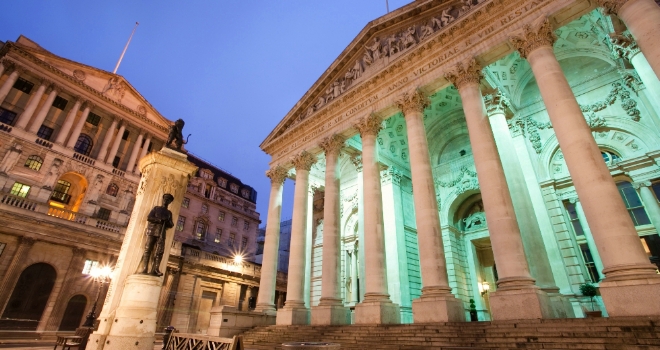
The latest investigation by the central bank found at present 360,000 households in the UK are struggling with mortgage payments. However, this figure could jump to 480,000 should there be a 2% rise in rates from 0.5% to 2.5%.
The report took into consideration that household incomes will also rise by 10%.
The prediction looks more unfavourable however should incomes not rise. A 2% increase in the base rate would plunge 660,000 households into financial difficulty.
Mark Carney, the current Bank of England Govenor, has regularly advised that an increase, albeit gradual, is on the way.
MPs have also warned that some borrowers could have miscalculated their finances and overstretched themselves when taking advantage of the interest rate, which has been at a historic low of 0.5% since 2009.
In an interview with the Times newspaper, Treasury select committee chairman Andrew Tyrie said: "Interest rates have been so low for so long now that some might conclude this is the new normal. They shouldn't."
Labour's John Mann, who sits on the committee, predicted that the middle classes were the most vulnerable group and "are likely to be hit hugely."
Concluding: "They are likely to have over-extended themselves, without being able to finance their way out of debt problems."
Brian Murphy, Head of Lending at Mortgage Advice Bureau (MAB), had this to say:
“An interest rate rise has been on the cards for some time now, and while it seems homeowners will get an extended reprieve – with a Bank Rate rise not expected until autumn 2015 – it is inevitable that interest rates will increase. Wage growth will be a key factor in how well homeowners are able to cope with these increases: the Bank of England estimates that only 4% of mortgagers would need to take action if interest rates rise to 2.5%, assuming incomes rise by 10%. However, almost two in five mortgagers would be prompted into action if wages remain unchanged.
While these figures may look alarming, it’s important to remember a 2% increase in the Bank Rate will not happen overnight. The Bank of England have made repeated assurances that any interest rate increases will be gradual, so it could be a number of years before we reach a base rate of 2.5%. Homeowners with fixed-rate mortgages – representing 94% of buyers in October* – also won’t be impacted by interest rate rises until their fixed period comes to an end. In today’s market of record low mortgage rates, the security of a fixed rate deal has never been so affordable.
Although the Mortgage Market Review (MMR) cemented rules such as interest rate stress testing, most lenders have been carrying out this process for several years. This ensures no-one is sold a mortgage that they cannot afford should interest rates rise. However, consumers who took out their mortgage a long time ago – or simply haven’t reviewed their monthly outgoings in a while – should remain vigilant to any changes in their finances that could make repaying their mortgage more difficult in the future. For the small minority who might struggle as interest rates rise, lenders have a responsibility to work with them to ensure repaying their mortgage is made easier, so engaging your mortgage provider in an honest conversation early on is vital.”





